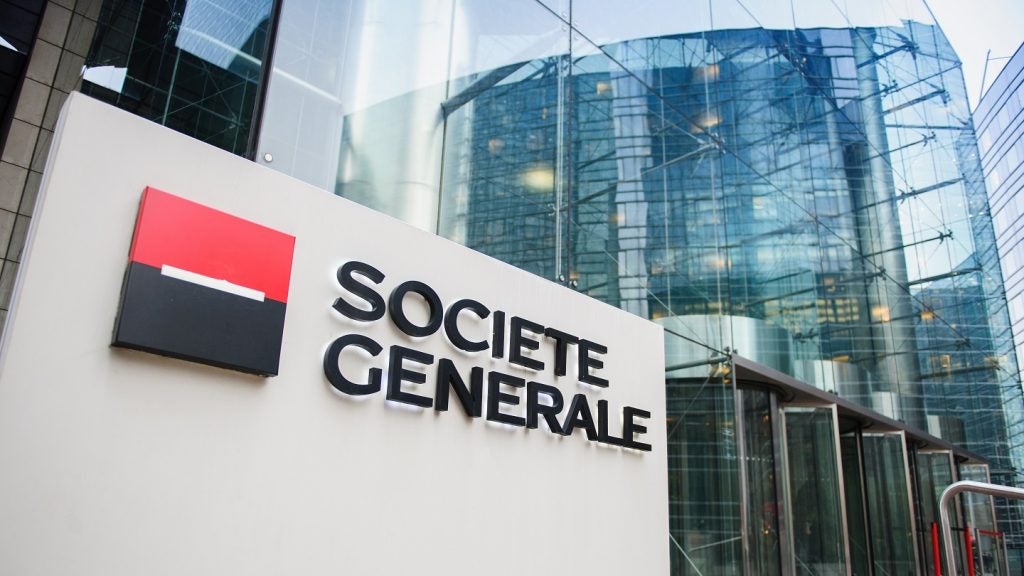UK construction firm Carillion has gone into liquidation after a government-led effort to arrange further funding with its lenders failed.
It was running debts of around £1.5bn, of which £900m was owed to RBS, Barclays, HSBC, Lloyds and Santander.
Its finance lease and hire purchase liabilities sat at about £16.4m in 2016, with £7.6m payable last year and £8.8m payable over the next four years.
In its last accounts for 2016 filed last year, its liquidity risk was that “sufficient borrowing facilities were available to fund ongoing operations without the need to carry significant net debt over the medium term” – during 2016 its average borrowing across the business was £586.5m.
“The Group’s principal borrowing facilities are provided by a group of core relationship banks in the form of a syndicated loan facility and bilateral facilities supplemented by private placement financing, convertible bonds, and short-term overdraft facilities,” it wrote.
It suffered spikes on its debt due to problems with contracts, late payments and hold-ups with projects it was involved in building.
How well do you really know your competitors?
Access the most comprehensive Company Profiles on the market, powered by GlobalData. Save hours of research. Gain competitive edge.

Thank you!
Your download email will arrive shortly
Not ready to buy yet? Download a free sample
We are confident about the unique quality of our Company Profiles. However, we want you to make the most beneficial decision for your business, so we offer a free sample that you can download by submitting the below form
By GlobalDataThe UK government has stepped in and nationalised public contracts while PwC has stepped in to handle its considerable creditors and companies that it owes money to – in 2016 Carillion listed its trade payables at £746.2m.
According to files registered with Companies House, a small London-based company called Glas Trust made five claims over Carillion in October last year for £40m made available at the end of 2017, which indicate a growing desperation for working capital. The debt was secured against assets owned by Carillion.
The government’s trade lending arm UK Export Finance (UKEF) had guaranteed $180m as recently as July 2017 for a Carillion venture in the middle east.






